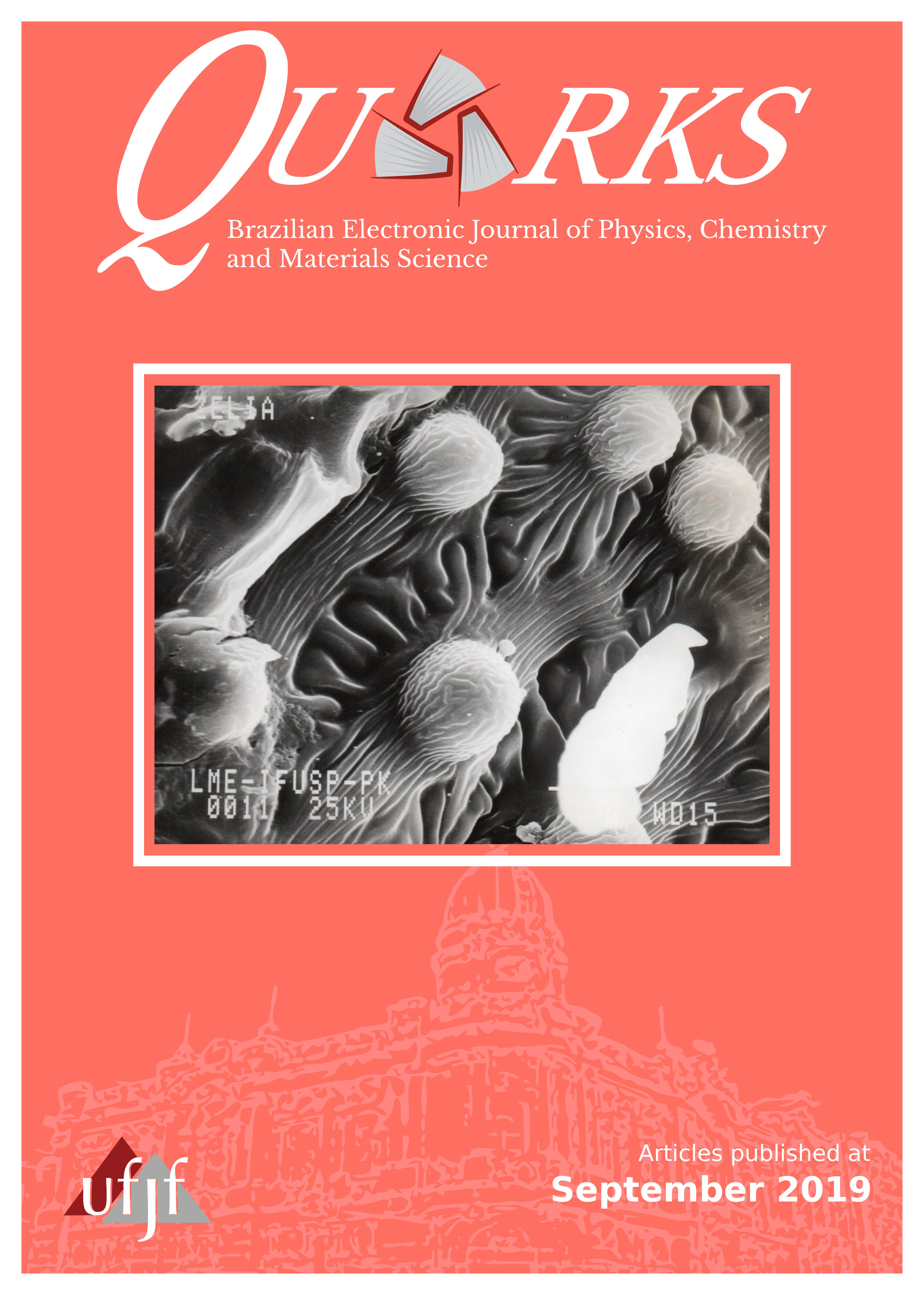From School to University: An Overview on STEM (Science, Technology, Engineering and Mathematics) Gender in Brazil
DOI:
https://doi.org/10.34019/2674-9688.2019.v1.28228Palavras-chave:
Education, Gender, Human Rights, Physics, StereotypesResumo
Since centuries ago, women have been seeking gender equity’s guarantee and even with the right to poll, divorce, work and education, it didn’t mean an equality of place in universities. Even though they are majority in Brazilian universities, this doesn't reflect itself in what relates to the permanence and career’s ascension in Exact Sciences field. A minimum number of women graduating in licentiate and bachelor degrees, though when they become researchers few ones achieve a productivity fellowship. Moreover black women’s situation is even more vulnerable. In basics education, a little number of women teaches disciplines related to Physics or Mathematics, making that students don’t fell represented. In this work is brought about a survey on ethnic/gender representativeness in database and together with students from middle/high school. The results of our study demonstrate that affirmative policies are needed to gender and ethnic equity in exact sciences yet. Not only in what refers to representativeness in researches and universities, but also aiming basics education’s schools. Encouraging the deconstruction of stereotypes and that more women, especially the black ones, can ingress on those graduation courses related to this scientific knowledge’s field.


